
US military killed 15 AQAP operatives in 6 airstrikes
The US has now launched 37 airstrikes against AQAP in 2016, the largest yearly total since 2012 (41 strikes).

The US has now launched 37 airstrikes against AQAP in 2016, the largest yearly total since 2012 (41 strikes).

A new video from the Taliban features several images and clips of al Qaeda leaders, further demonstrating that the two remain firmly allied more than 15 years after the 9/11 hijackings.

The US Treasury Department announced the designations of two “key facilitators” for Al Qaeda in the Arabian Peninsula (AQAP) today. A charity that is really a “front organization” for AQAP and has collected funds from Gulf businessmen was also designated. Treasury has systematically targeted AQAP’s support network throughout the year and today’s announcement is part of a series of related moves.
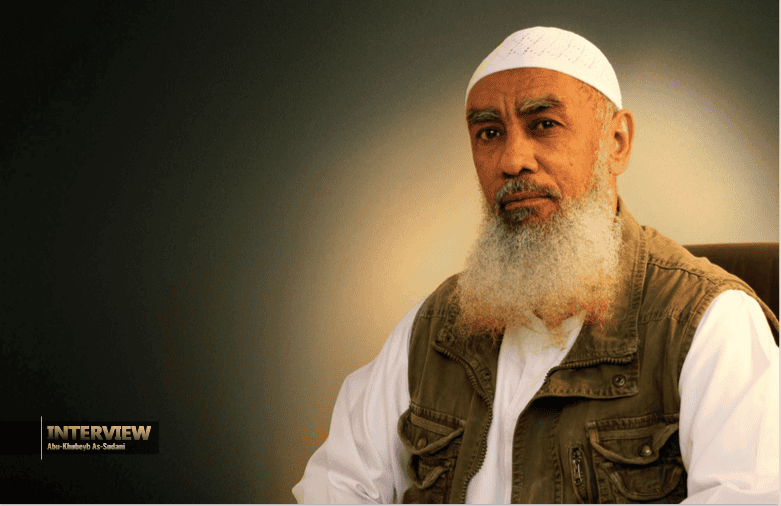
The Office of the Director of National Intelligence (ODNI) released its most recent statistics on Guantanamo recidivism this week. 208 former detainees are either confirmed or suspected of rejoining the jihad. 188 of them were transferred or released during the Bush administration and the remaining 20 by the Obama administration. The estimated number of recidivists has steadily climbed since 2008, when the government first provided statistics on this topic.
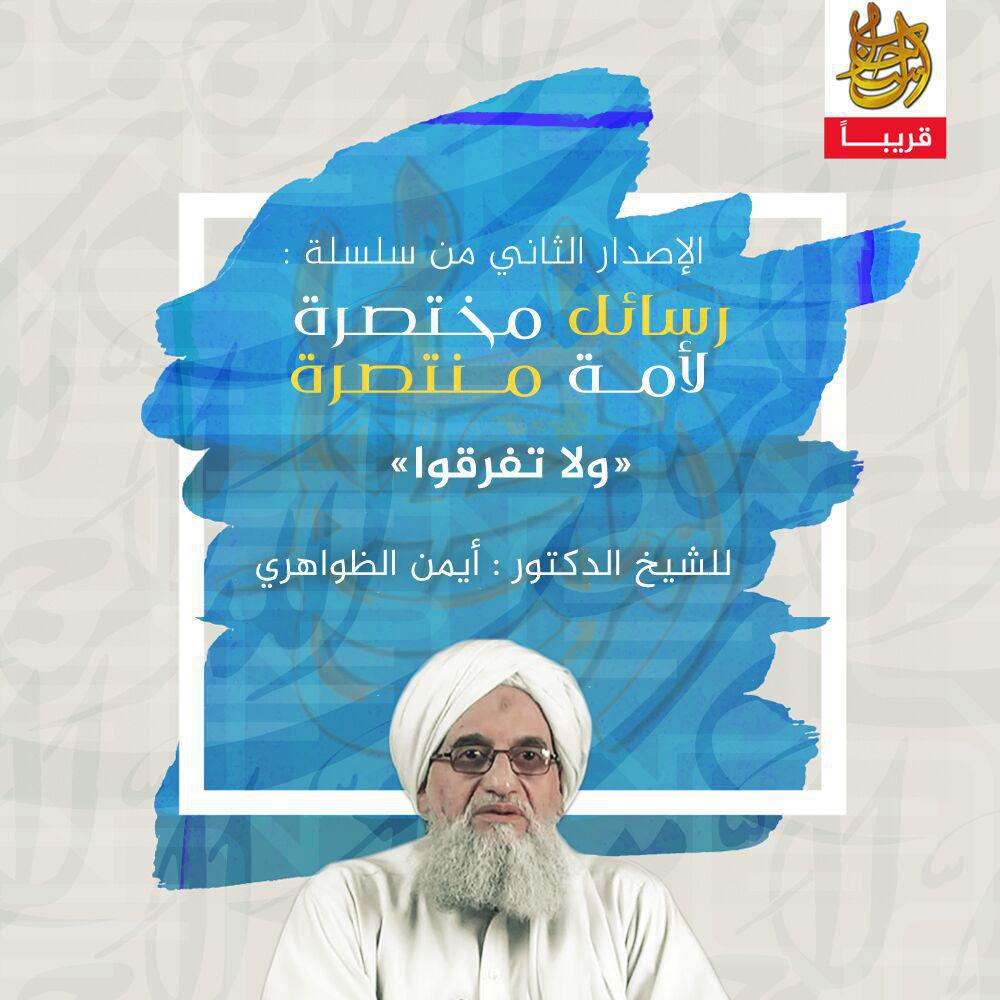
Fifteen years after 9/11, Al Qaeda remains a threat to the West despite not carrying out a large-scale attack in years. The group is waging insurgencies in several countries and is far larger than it was on 9/11.

Hamza bin Laden, Osama’s son, criticizes Saudi Arabia’s intervention in Yemen in a newly released audio message. Hamza claims that the Saudi campaign has aided Houthi rebels by interfering in Al Qaeda in the Arabian Peninsula’s war against them. He calls on Muslims to overthrow the Saudi government.

The Hamza al Zinjibari training camp, which is named after a former senior leader of AQAP, is an extension of various historical al Qaeda training camps in Afghanistan according to the group.
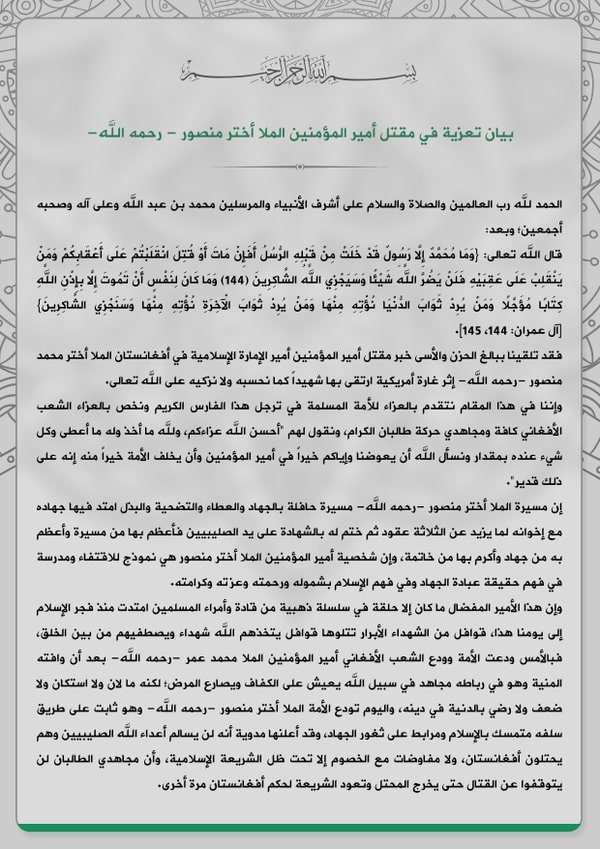
Al Qaeda in the Arabian Peninsula, Al Qaeda in the Islamic Maghreb and Al Nusrah Front have jointly issued a eulogy for Mullah Mansour, the Taliban’s chief leader. Mansour was killed in an American drone strike on May 21.
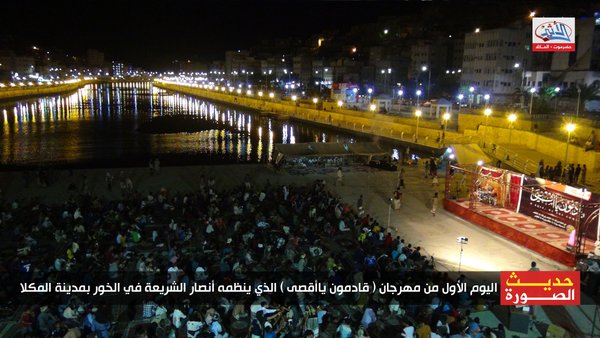
Al Qaeda in the Arabian Peninsula (AQAP) has published a statement explaining the reasons for its withdrawal from Mukalla, a port city in Yemen that the jihadists ruled for one year. AQAP’s statement illustrates the organization’s strategy for building and preserving popular support in the region.

A Saudi-led Arab coalition has entered the Yemeni port city of Mukalla, which had been a stronghold for al Qaeda in the Arabian Peninsula (AQAP) since April 2015. AQAP reportedly withdrew most of its forces from the city prior to the alliance’s advance. Mukalla is a key part of AQAP’s plan to build an Islamic emirate in Yemen.
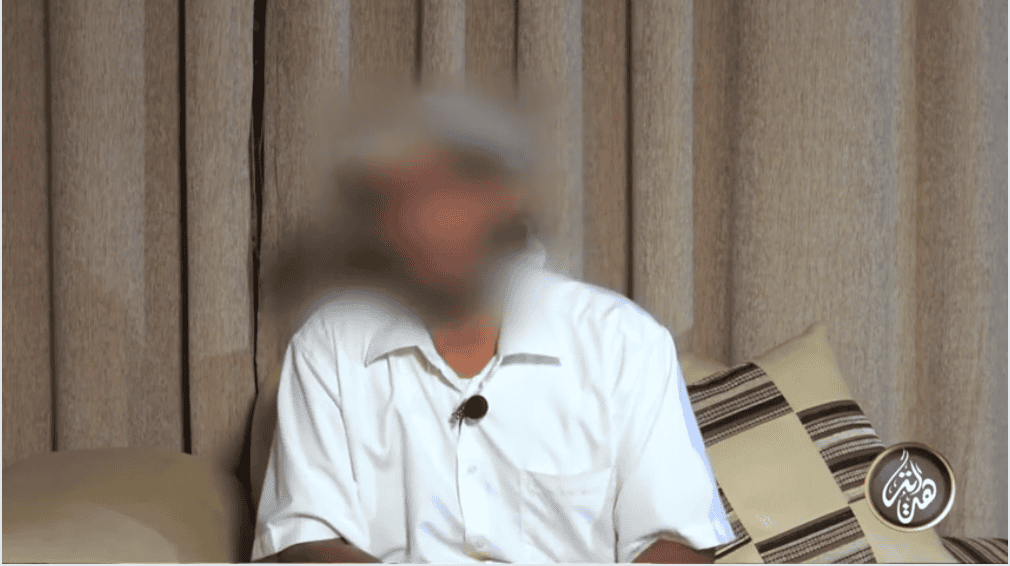
The Hidayah Establishment for Media Production released an anti-Islamic State video on Apr. 8 in which a witness claims that the Islamic State has refused to publicly debate. The video includes an image of a letter purportedly written by Nasir al Wuhayshi, who was AQAP’s emir until his demise in June 2015. A follow up statement on Apr. 10 contained similar allegations against Abu Bakr al Baghdadi’s organization.
The two Australians were reportedly killed in a drone strike in November 2013 with several others, including a veteran al Qaeda member.
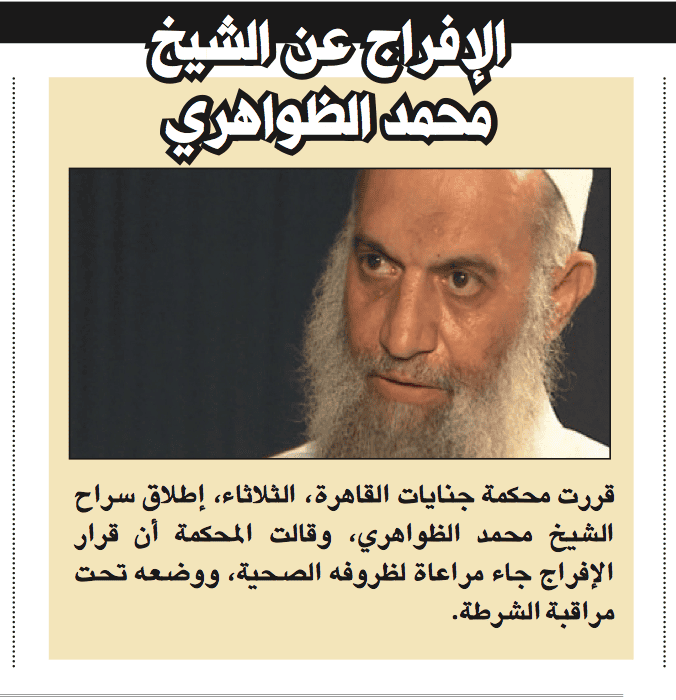
Mohammed al Zawahiri, the younger brother of al Qaeda emir Ayman al Zawahiri, was released from an Egyptian prison earlier this week. He was imprisoned in Egypt in 1999, but released following the uprisings in 2011. He quickly became a prolific advocate for al Qaeda’s jihadist ideology. Along with other al Qaeda-linked jihadists, he helped orchestrate the protest outside the US Embassy in Cairo on Sept. 11, 2012.

According to the Office of the Director of National Intelligence, 204 former Guantanamo detainees are confirmed or suspected of reengaging in terrorist or insurgent “activities.” The number of ex-detainees on the US government’s recidivist list has steadily grown since an estimate was first made public in June 2008.
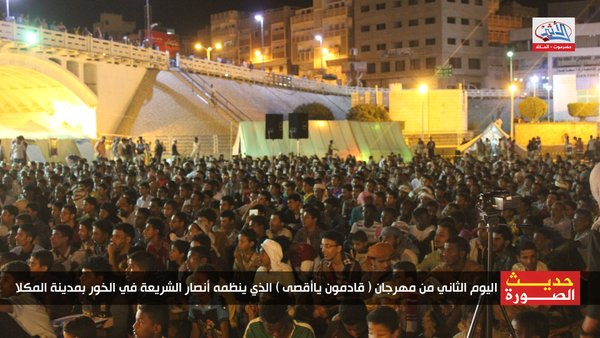
Al Ather “news” agency, which publishes propaganda for Al Qaeda in the Arabian Peninsula and its front, Ansar al Sharia, has released a series of photos showing a large rally in the city of Mukallah. AQAP captured Mukallah in early April 2015.
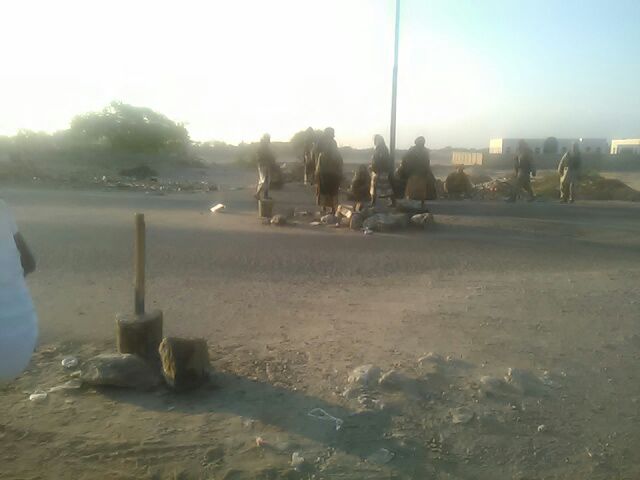
AQAP reportedly seized the southern Yemeni town of Ahwar earlier today. Press reports indicated that Ahwar was under the jihadists’ control earlier this month, but it appears operations were still ongoing at the time. The fog of war often makes it difficult to determined which towns and villages are truly in al Qaeda’s possession, but AQAP has begun to advertise its implementation of sharia law and provision of social services throughout southern Yemen.

Al Qaeda in the Arabian Peninsula (AQAP) released a two-part lecture by ex-Guantanamo detainee Ibrahim al Qosi earlier this month. Qosi threatened the Saudi government and explained al Qaeda’s rationale for waging jihad in Arabia. Qosi has starred in several AQAP productions since the group revealed his leadership role in early December.

AQAP has published a two-part interview with Nasir al Wuhayshi, who was killed in a US drone strike in June 2015. The interview is a transcript of Wuhayshi’s account of the 9/11 plot. Wuhayshi was Osama bin Laden’s aide-de-camp prior to the hijackings.
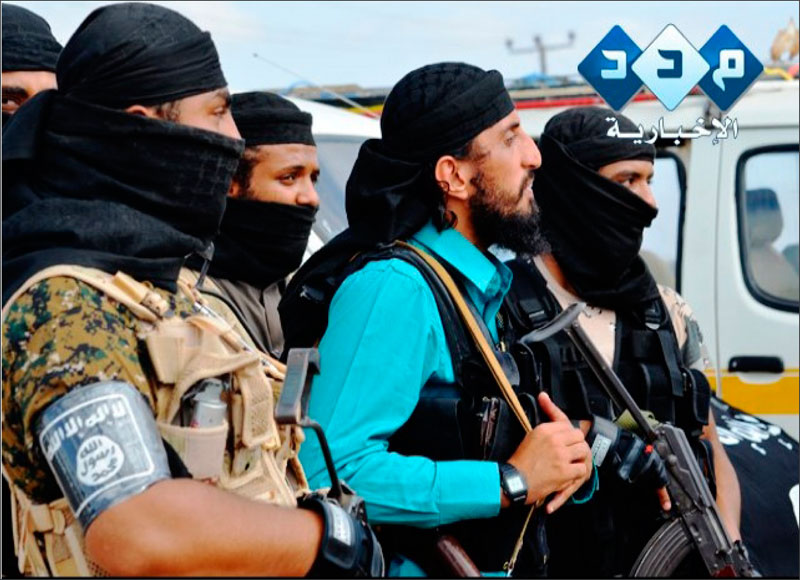
Jalal Bala’idi, a prominent AQAP field commander khow is also known as Hamza al Zinjibari, “was killed in a Crusader strike that targeted him while he was amongst the sons of his tribe in Abyan province,” the jihadist organization confirmed.

According to jihadists on social media and press reports, a prominent AQAP commander named Jalal Bala’idi was killed in a US drone strike launched last night. Bala’idi’s death has not been confirmed. He has led AQAP’s forces in a number of key battles and once claimed that his group has trained “thousands” of Sunnis. In December, Bala’idi was seen congratulating his fighters after they overran the town of Jaar.
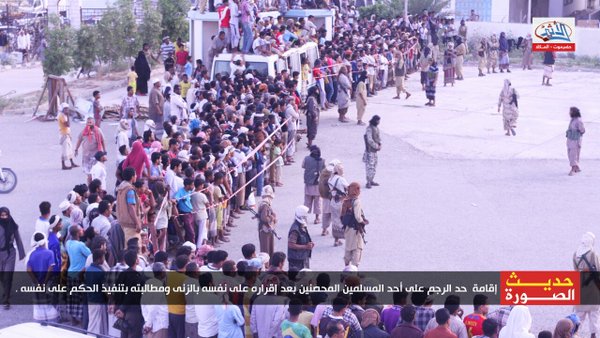
AQAP has taken control of Azzan, a town in Yemen’s southeastern Shabwa province. The jihadists have captured significant territory in southern Yemen since early 2015. AQAP’s front group, Ansar al Sharia, has launched a new social media campaign to promote its governance efforts, implementation of sharia law and provision of services in the areas under the jihadists’ control.

In a lecture posted online, AQAP leader Qasim al Raymi explains why America is the jihadists’ “real” and “primary” enemy.

According to the Department of Justice, Syed Farook was influenced by al Qaeda in the Arabian Peninsula’s (Inspire) magazine and the teachings of Anwar al Awlaki. Shortly after the San Bernardino shooting, an oath of allegiance to the Islamic State’s Abu Bakr al Baghdadi was posted on a Facebook page associated with Farook’s wife, Tafsheen Malik.

Ibrahim Abu Salih (also known as Abu al Hassan al Hashimi) was featured in a video posted online by al Qaeda in the Arabian Peninsula (AQAP) earlier this month. He has been a jihadist for more than 35 years and, in the early 1990s, al Qaeda’s leaders ordered him to build an arm for their organization in Yemen. Abu Salih later cofounded AQAP. He is currently the group’s security official, as well as a member of its shura council.
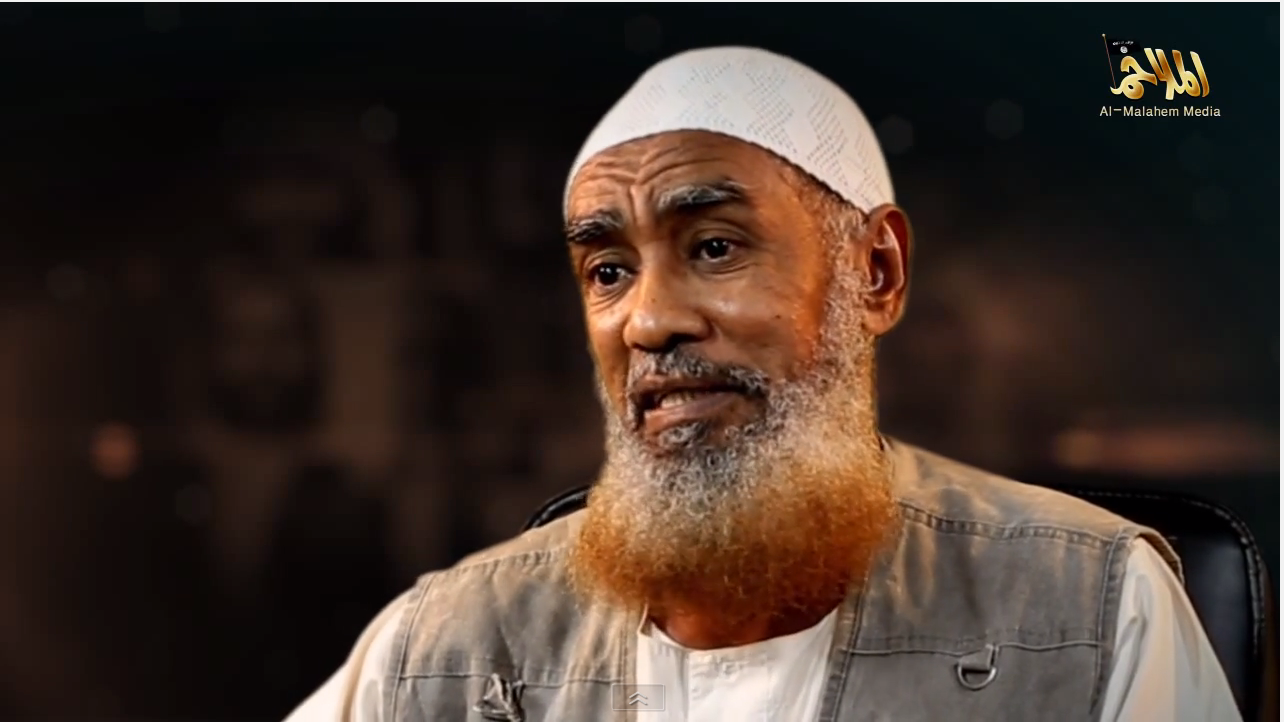
A new AQAP video features Ibrahim al Qosi, who was detained at Guantanamo from 2002 until 2012. Qosi is now an AQAP leader and spokesman.

Al Qaeda has released a new speech by Ayman al Zawahiri, who asks Allah to reward the “brothers in Al Qaeda in the Arabian Peninsula” (AQAP) for helping “to complete” the January 2015 attack on Charlie Hebdo’s offices in Paris.

In the midst of fighting between a Saudi-led coalition and Iranian-backed Houthi rebels, al Qaeda in the Arabian Peninsula has been able to capitalize on the chaos and gain territory in Yemen.
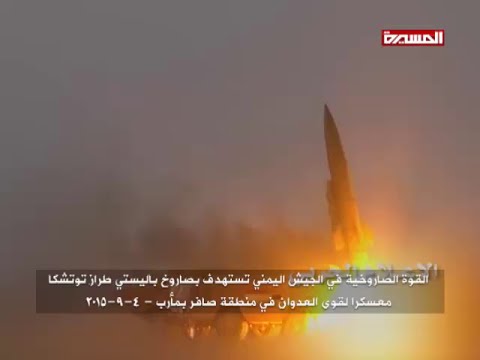
While the Saudi-led coalition has made gains towards the proclaimed Houthi capital in Sanaa, the Iranian-backed Shiites continue to hit the coalition hard in both Yemen and southern Saudi Arabia.

AQAP’s latest edition of Inspire magazine includes an article by Ibrahim Ibn Hassan al Asiri, who describes al Qaeda’s plan to attack Charlie Hebdo in Paris.

The latest editions of AQAP’s Inspire and the Islamic State’s Dabiq were published online today. Both English-language magazines praise the 9/11 attacks.